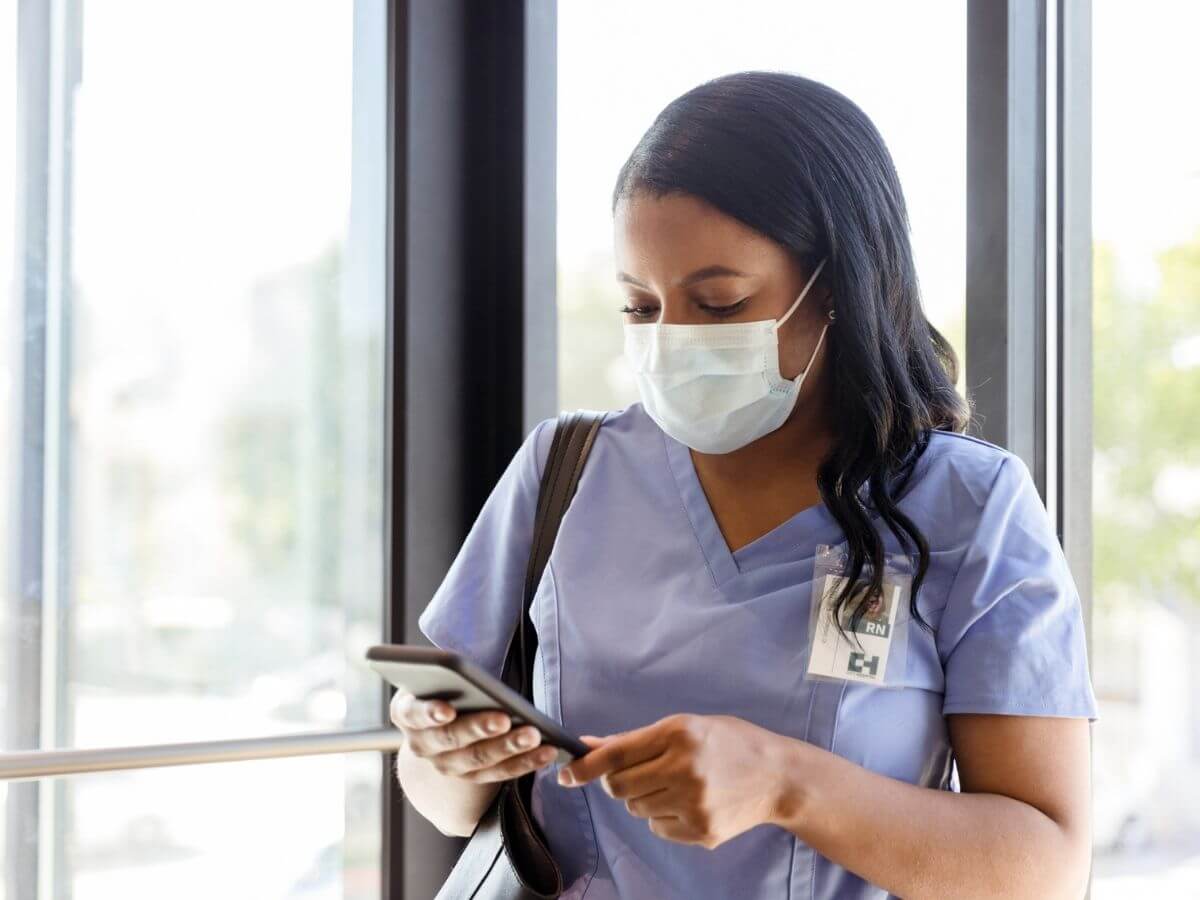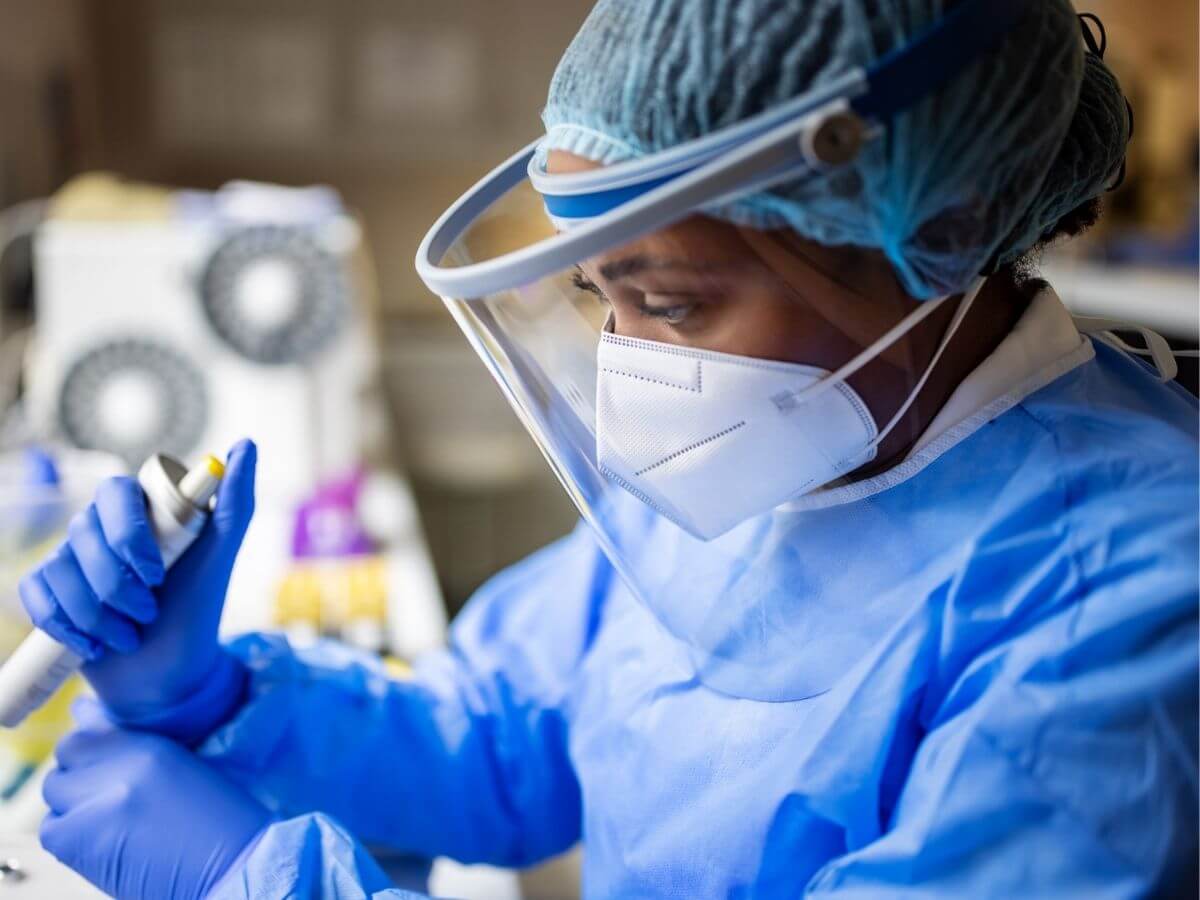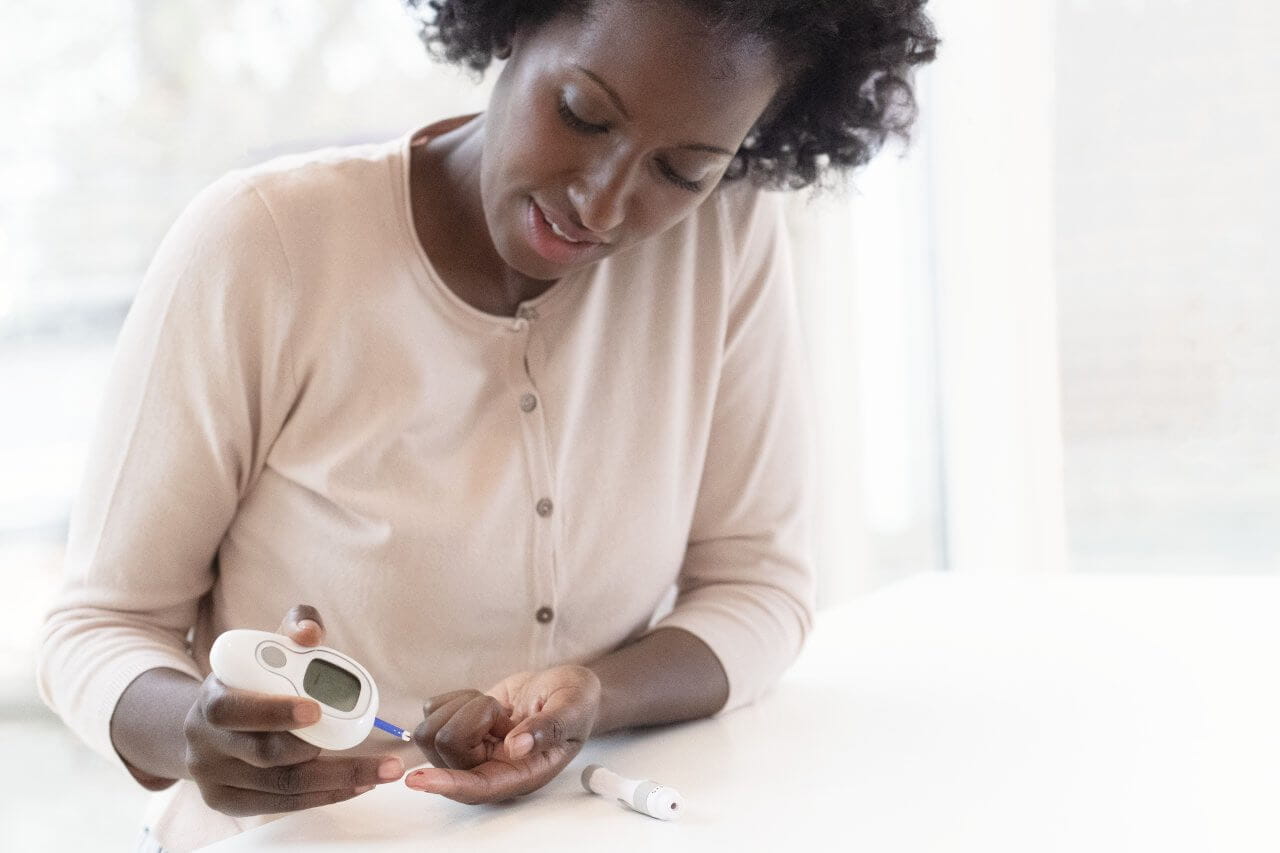What Is Omicron? Understanding the Latest COVID-19 Variant.

The virus that causes COVID-19 has mutated (meaning it has changed) several times since it was first discovered. The development of new “variants” is normal behavior for viruses. In some instances, a variant is sufficiently different to cause concern.
What’s being called the Omicron variant falls into this category. The World Health Organization (WHO) has labeled Omicron (technically SARS-CoV-2 B.1.1.529) a variant of concern or VOC.
Regarding the name, Omicron is a letter in the Greek alphabet, like Delta. How do you pronounce Omicron? There are two common pronunciations: AH-muh-krahn and OH-muh-krahn.
Don’t take a chance with your health.
Getting the COVID-19 vaccine is the best way to prevent COVID-19 infection and end the pandemic. The vaccine cannot give you COVID-19, but it can help protect you from serious illness. Learn more about the COVID-19 vaccine and make a first, third, or booster vaccination appointment at a location near you.
Is Omicron More Deadly?
The Omicron variant was first reported to the WHO by health officials in South Africa on November 24, 2021. This doesn’t mean that the virus originated there, just that health experts in that country first detected it.
This variant is concerning to health officials for a few reasons, including that it has more than double the mutations of the highly contagious Delta variant. Most of those mutations are in what are called “spike proteins,” which help a virus attach to and infect cells.
According to a WHO statement, “Preliminary evidence suggests an increased risk of reinfection with this variant, as compared to other VOCs.” The organization also explains that an approach for testing for Omicron has been developed and that, “Using this approach, this variant has been detected at faster rates than previous surges in infection, suggesting that this variant may have a growth advantage.”
In addition to how quickly it spreads, Omicron variant symptoms and whether or not it causes serious illness are other characteristics that the Centers for Disease Control and Prevention (CDC) is closely monitoring. At this early stage in our understanding of the variant, it’s unclear whether it has unique symptoms or can cause an increase in hospitalizations and deaths.
Health experts around the world are also assessing whether currently available COVID-19 vaccines will be effective in protecting against Omicron, and preventing serious cases of COVID-19 in particular.
Save Time and Start COVID-19 Testing Online
If you’re experiencing COVID-19 symptoms or have been exposed to COVID-19, Baptist Health is able to provide a virtual care visit and, if needed, order a COVID-19 test to the urgent care closest to you. Begin an urgent care video visit by logging in or signing up for MyChart.
Is Omicron in the U.S.?
As we’ve learned throughout the COVID-19 pandemic, the free movement between countries that’s so important to people today — whether for work or pleasure — brings with it the risk of rapid disease transmission from one location to another.
The first case of the Omicron variant was detected in California in a traveler coming from South Africa to San Francisco. Dr. Anthony Fauci, President Biden’s chief medical adviser, said the patient is experiencing “mild symptoms”.
“The individual was a traveler who returned from South Africa on November 22 and tested positive on November 29. The individual is self-quarantining and all close contacts have been contacted and all close contacts, thus far, have tested negative. The individual was fully vaccinated and experienced mild symptoms, which are improving at this point. So this is the first confirmed case of Covid-19 caused by the Omicron variant detected in the United States,” Fauci said.
Proven Disease-Prevention Measures Are More Important Than Ever
Any time a new VOC is identified, it underscores the importance of following proven disease-prevention advice from healthcare experts. This, of course, includes getting fully vaccinated for COVID-19 — including booster shots as appropriate. But other actions like avoiding crowds and individuals who have COVID-19, wearing a mask as needed, staying home if you feel sick, getting tested if you believe you may have COVID-19, and practicing good hand and home hygiene are also very helpful.
If you haven’t been vaccinated or need a booster, you can make an appointment online to get your COVID-19 shot at Baptist Health. If you’re sick and need to see a Baptist Health doctor but don’t yet have one, you can view a list of providers in our online directory.
Next Steps and Useful Resources
Schedule a Vaccine Appointment
COVID-19 Third Dose vs. Booster Dose
Delta Variant FAQ
Some Vaccines Last a Lifetime. Here’s Why COVID-19 Doesn’t.



